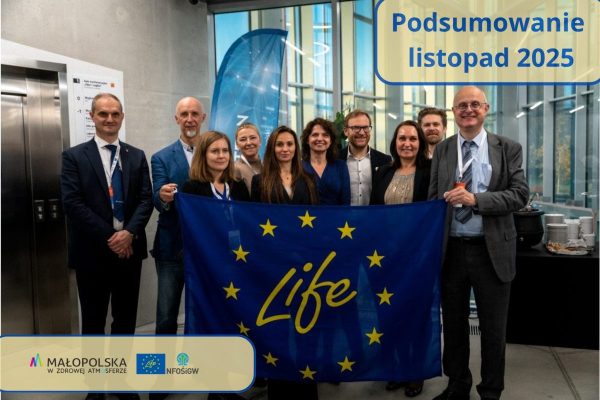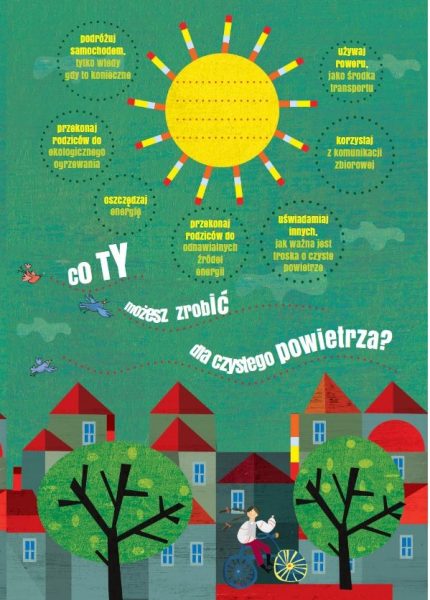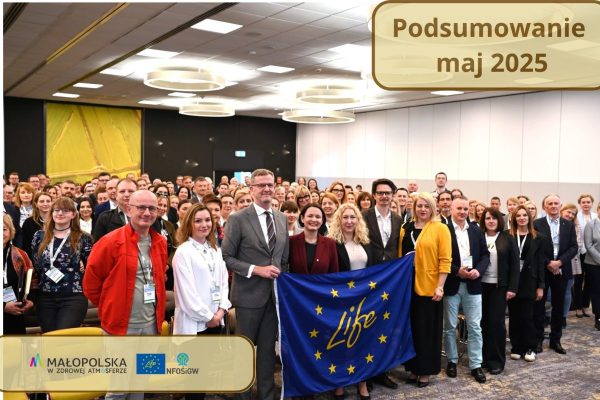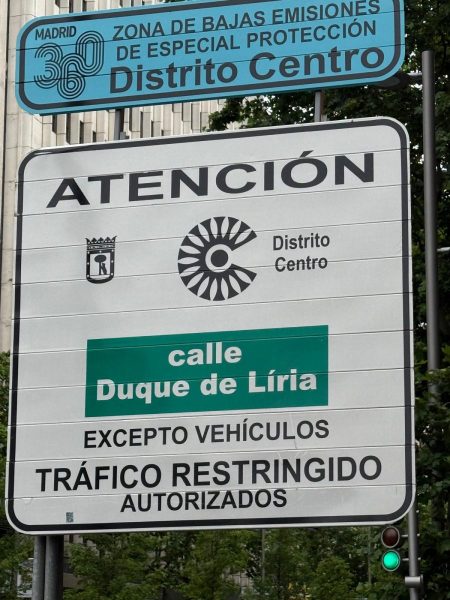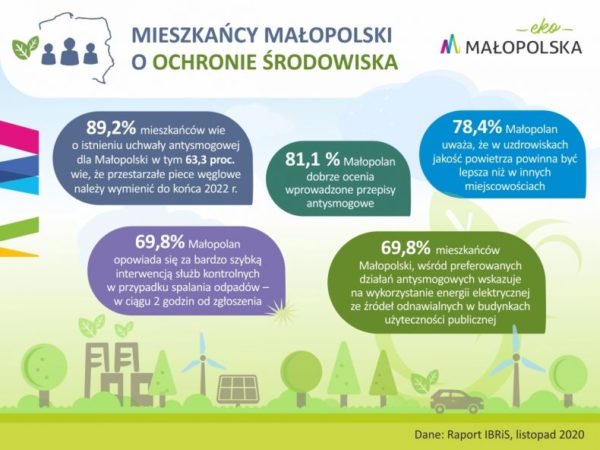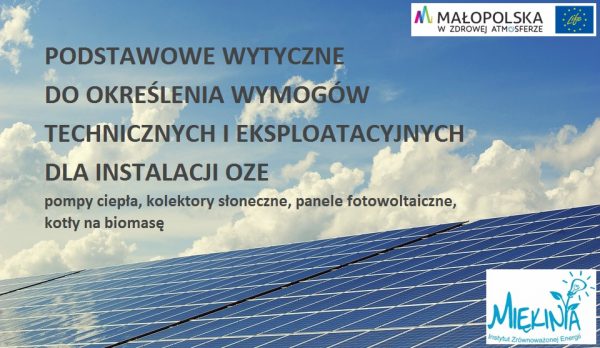The Ministry of Health presents WHO recommendations

Air pollution is a key environmental health threat in the world. Unsatisfactory air quality is therefore an area that often requires making difficult decisions and introducing additional restrictions leading to changes in the behavior and habits of the population.
Good air quality = health
Breathing good quality air is an important determining factor of good health. Any outdoor physical activities bring even more benefits if they are undertaken when the air quality index is very good. This allows oxygenation of the whole body and better saturation. Long-term exposure to air pollution, even at relatively low concentrations of pollutants, significantly affects human health. It is connected to the increase in the incidence of cardiovascular and respiratory diseases. Air pollution also contributes to some extent to shorten the life expectancy of the entire population. The widespread exposure and high concentrations of pollutants in the air require many actions at the international, national, regional and local levels. These actions may concern the improvement of air quality, e.g. the reduction of the emission of the pollutants into the atmosphere, as well as actions aimed at limiting health risks, i.e. raising awareness of residents, communicating about risks and warning about threats.
WHO introduces new standards
The level of health risk associated with air pollution is confirmed by numerous scientific studies. The effect of this is e.g. increased activity of the World Health Organization (WHO) and publication of the updated Recommendations in 2021. They include e.g. recommended target values for 5 main pollutants: particulate matter PM10 and PM2.5, nitrogen dioxide (NO2), ozone (O3) and carbon monoxide (CO). The new Recommendations also standardized exposure times, introduced recommendations for CO and narrowed the recommended levels for dust.

Column 1: pollutant. Column 2: exposure time. Column 3: WHO reccomendations.
1 99. percentile in the year (2-3 days with higher values are allowed).
2 Average of the daily 8-hour maximum averages following in the next six months with highest concentrations.
Team for the Impact of Air Pollution on Health at the Public Health Council
Considering the growing importance of environmental threats to health, on 17 May 2018, the Working Team for the Impact of Air Pollution on Health at the Public Health Council was established to ensure the active participation of the Ministry of Health in the decision-making process. The team is an advisory body that, among other things, deals with the health aspect of air pollution. It also provides substantive support in shaping the directions of action aimed at limiting the negative impact of air pollution on the health of the Polish population. The main task of the Team is to assess the health risk and the potential effects resulting from exposure to this risk. The team is also responsible for providing the Minister of Health with relevant, scientifically proven arguments regarding the impact of pollution on health. One of the effects of the Team’s work is the full Polish translation of the WHO document entitled “Personal interventions and risk communication on air pollution” (link below). This document, apart from the translation of the WHO report, also contains a catalog of recommendations for the population and healthcare professionals, which is adapted to the conditions of our country. Taking into account the recommendations contained in the document may have a significant impact on reducing the risk. In addition, it can help reduce the potential health effects of exposure to major air pollutants.
The link to the WHO document is here: https://www.gov.pl/attachment/fd31f4d6-a817-486e-86ab-d02952109895
Information source: Ministry of Health


